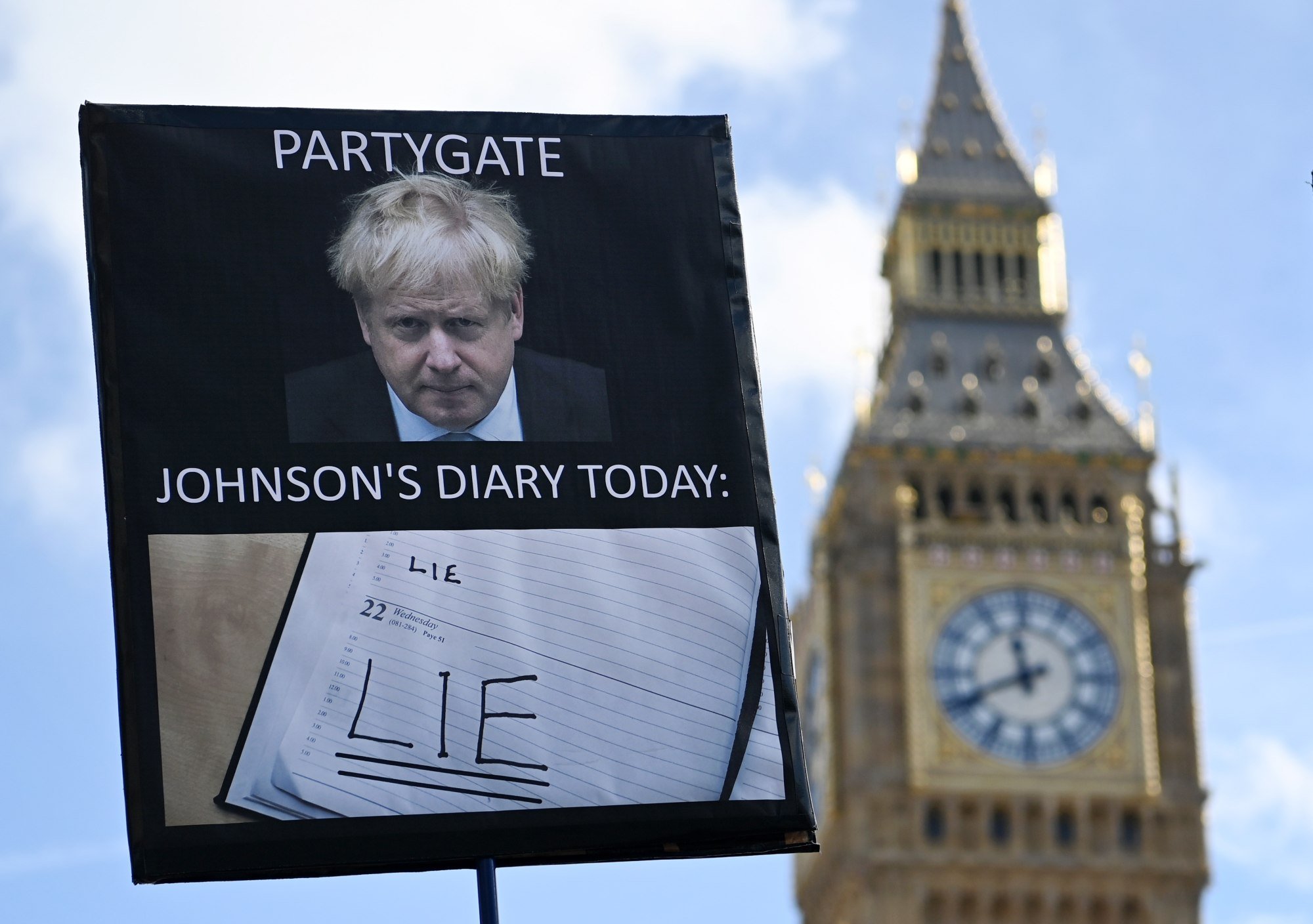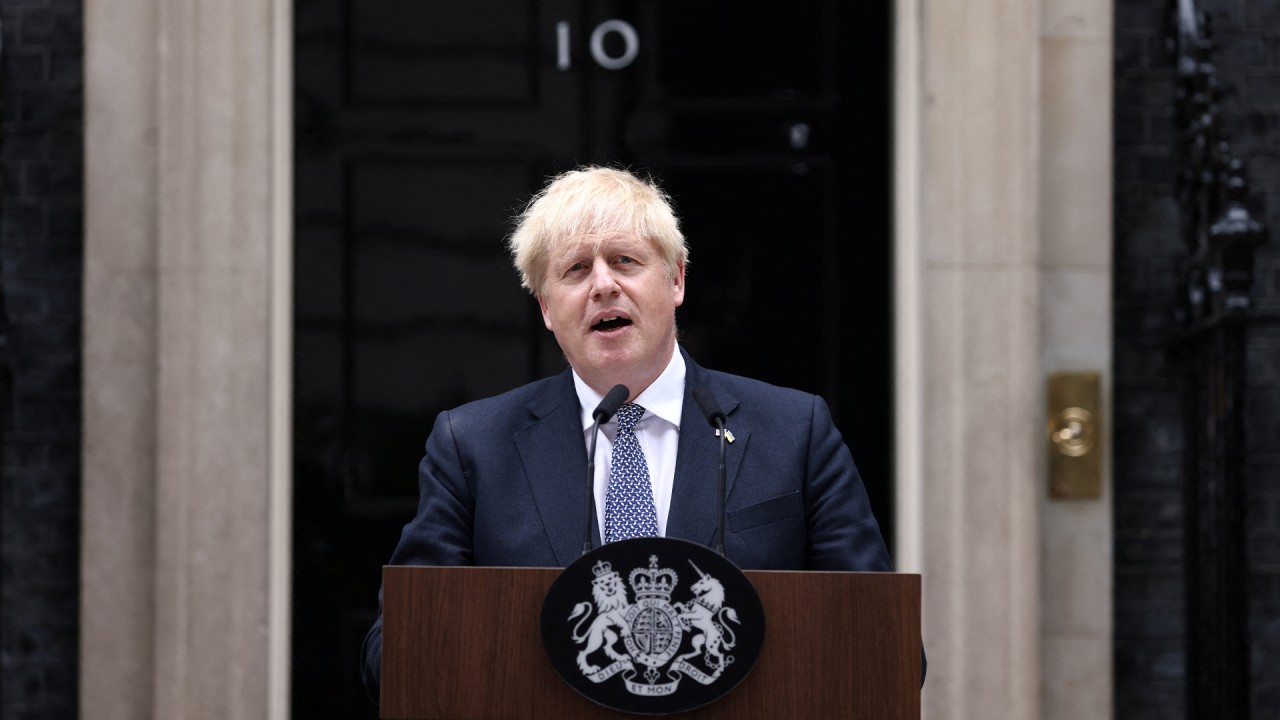Lee is now suing MI5 for unspecified damages, arguing the agency had acted unlawfully and unreasonably.
At an Investigatory Powers Tribunal hearing on Monday, her lawyer Ramby de Mello read out a message sent to Lee from Barry Gardiner – a lawmaker for the opposition Labour Party who said he had received hundreds of thousands of pounds in donations from her – in which he queried MI5’s motives.
“I had never believed that the Security Services would be overtly party political in that way,” said Gardiner’s message, sent to Lee via a mutual friend in May 2022.
“What has been suggested to me is that the Security Services may have wished to ‘pick a fight’ or to ‘detract attention’ from something else and that we were simply collateral damage.”
Gardiner could not immediately be reached for comment.
De Mello said MI5 had no power to issue the “unprecedented” notice, which he said was factually wrong in asserting Lee had carried out political interference activities on behalf of the United Front Work Department of the Chinese Communist Party.
He said the UFWD would not engage her as an agent because she was a devout Christian, saying the impact of the alert, which had attracted worldwide interest, had been “catastrophic”, leading to threats of death and rape, and other abusive emails.
Her lawyers said in court documents that Lee, who watched proceedings from the public gallery, had been forced to spend most of her time in hiding, adopt a fake name and disguise her appearance with a new hairstyle.

On its website, MI5 states there is a legal duty on its director general not to act to further the interests of any political party.
“Our role is to protect democracy, not to influence its course,” the website says. “The government of the day cannot instruct MI5 to perform any action for party political reasons.”
In its written submissions, the agency’s lawyers said the alert (IA) had been issued on the grounds of national security to protect parliamentary democracy from foreign interference.
“The respondent assessed that [Lee] posed a risk of this nature, and its judgment was that the issuing of the IA was the most effective and proportionate means to address that risk. Those assessments were rational and lawful,” the lawyers said.
The lawyers did not address Gardiner’s comments in the hearing on Monday. The hearing is expected to continue on Tuesday.


